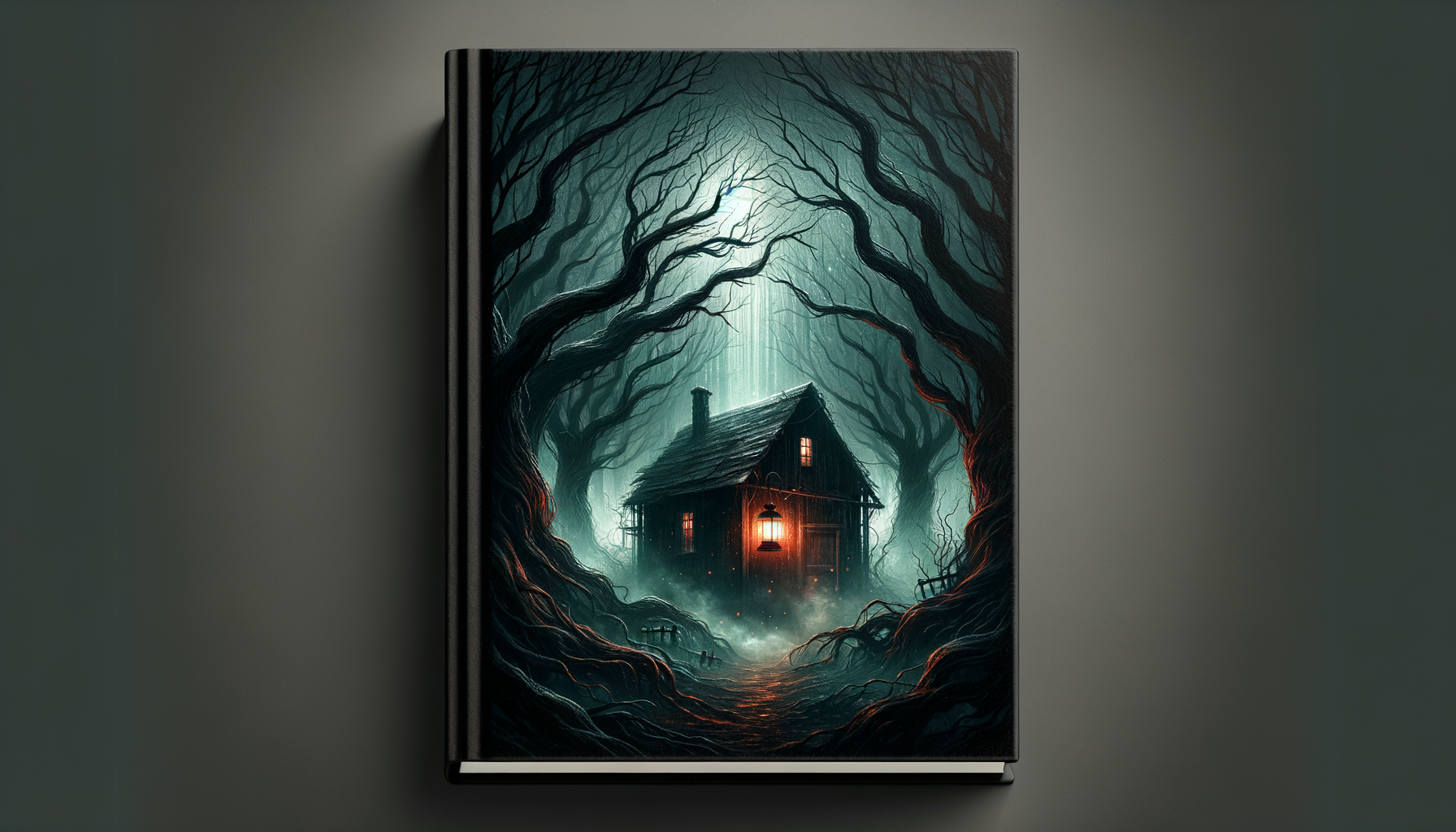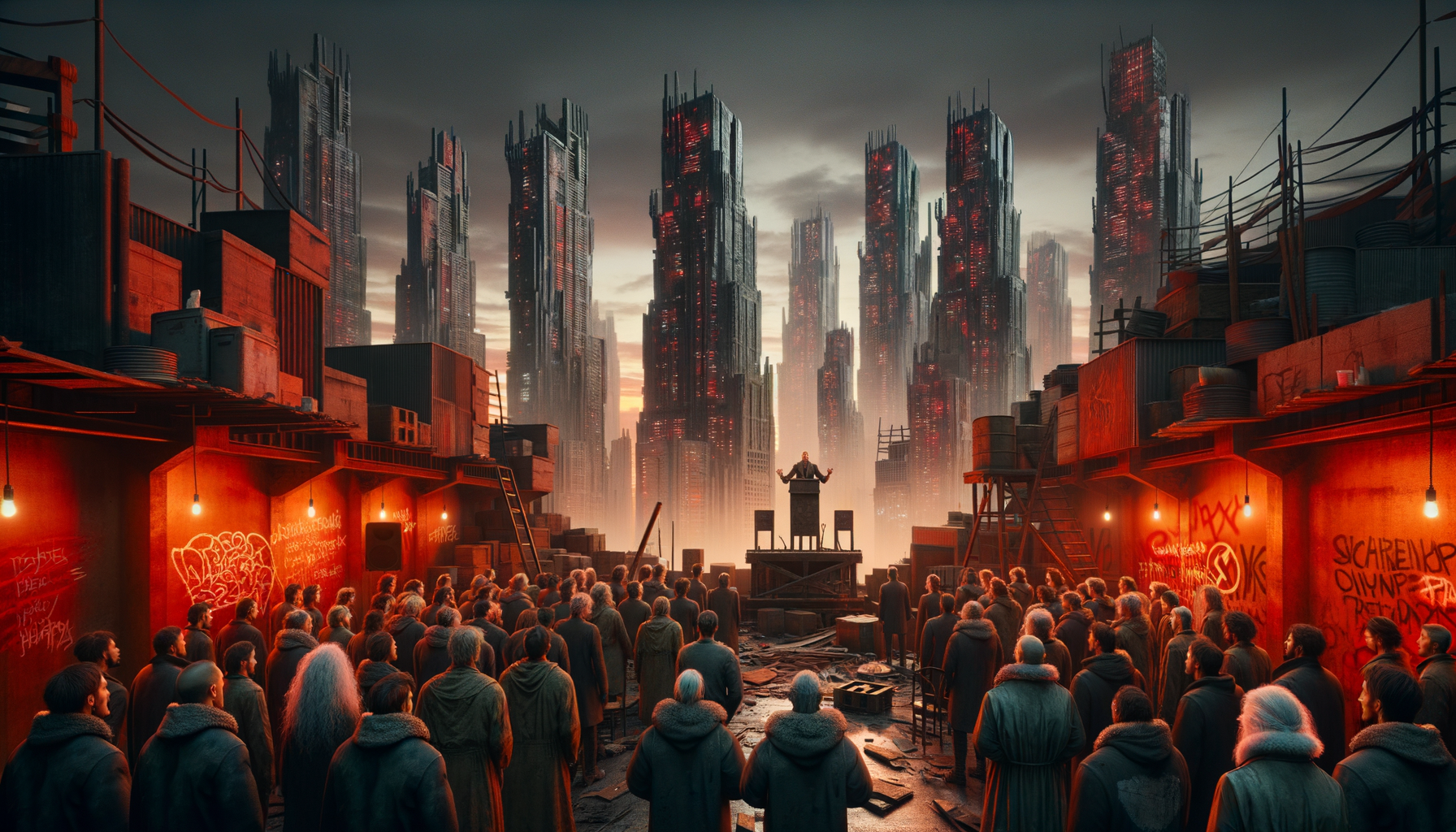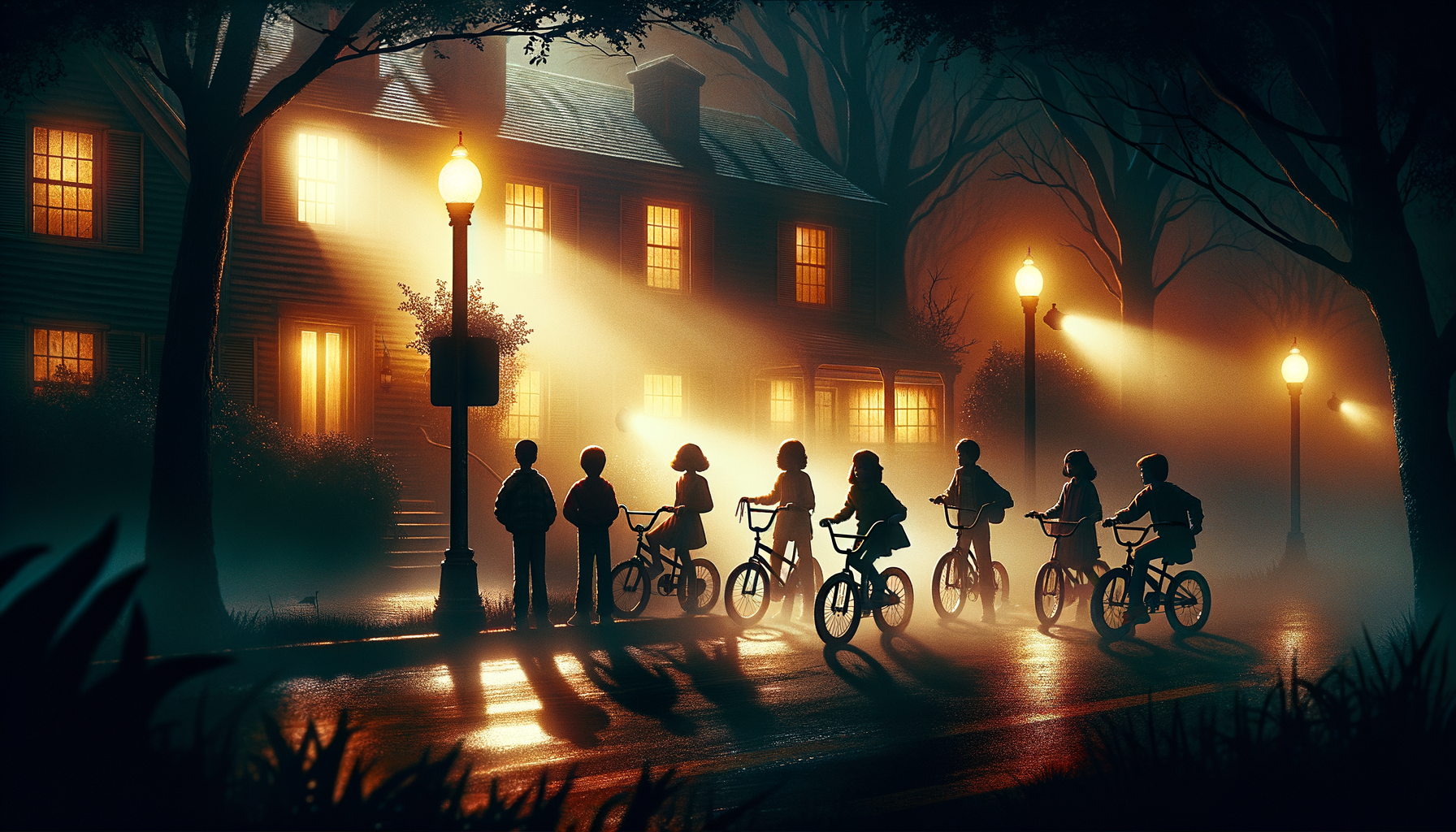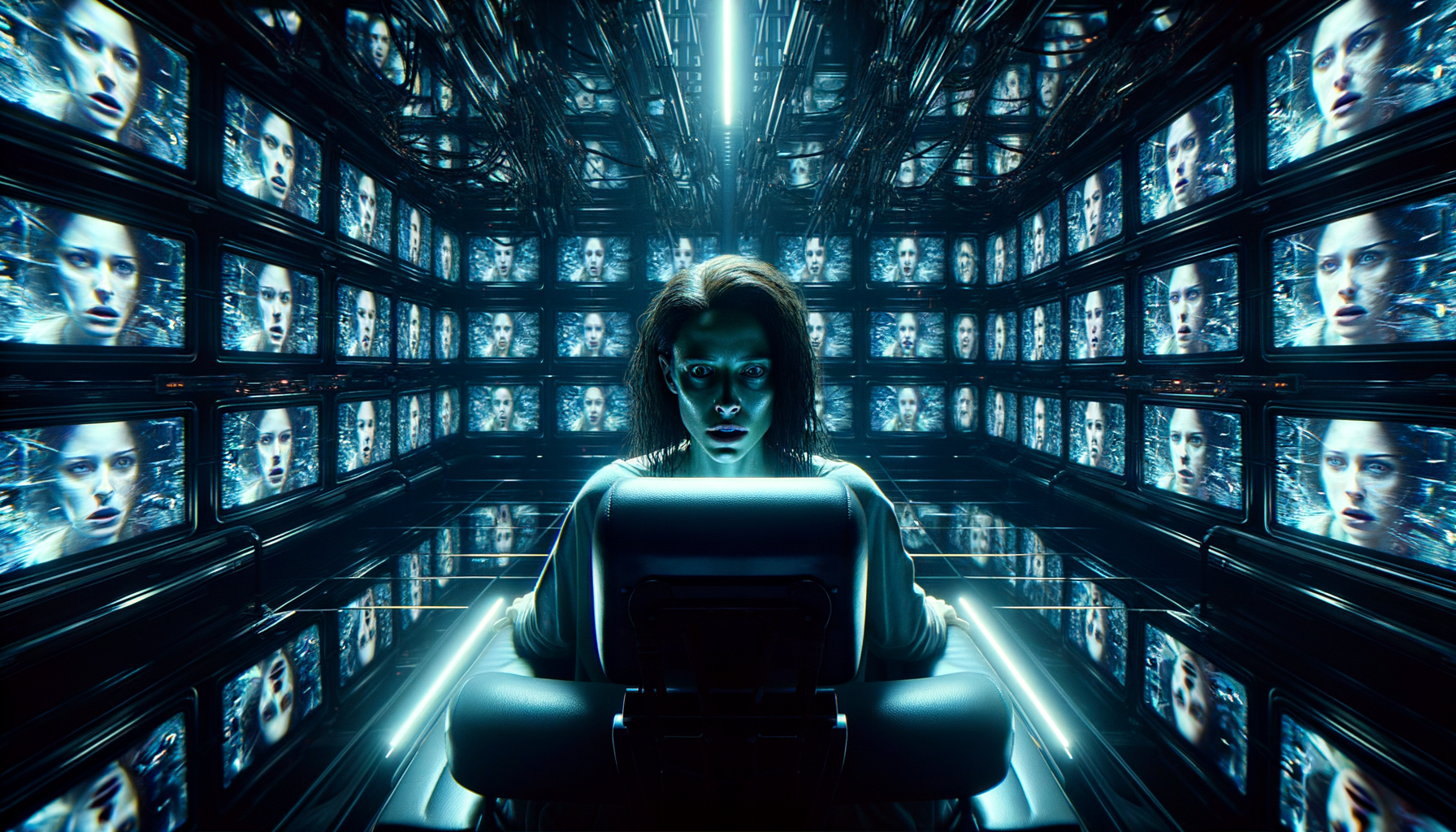Do you love the thrill of being scared out of your wits? Well, you’ve come to the right place! Modern horror short stories have evolved into a sophisticated genre, blending psychological terror, supernatural elements, and cultural anxieties to leave readers gasping for breath. In fact, did you know that the demand for horror fiction has surged by 20% in the last five years? Let’s dive into the must-read modern horror short stories that promise to keep you awake at night!
The Rise of Modern Horror in the 21st Century
Evolution from Classic to Modern Horror
Horror has come a long way since the days of classic tales like Mary Shelley’s “Frankenstein” and Bram Stoker’s “Dracula.” As we moved into the 21st century, horror evolved to reflect contemporary fears and anxieties. Classic horror often relied on monsters, gothic settings, and a clear distinction between good and evil. In contrast, modern horror delves deeper into psychological terror, blurring the lines between reality and nightmare.
Key Characteristics Separating Modern Horror from Its Predecessors
What sets modern horror apart? For starters, there’s a greater emphasis on psychological depth. Characters are more complex, often grappling with inner demons as much as external threats. Modern horror also tends to be more grounded in reality, making the supernatural elements even more unsettling. Additionally, societal changes have influenced horror narratives, incorporating themes like technology, mental health, and social anxieties.
The Impact of Societal Changes on Horror Narratives
Societal changes have had a profound impact on the themes and narratives of modern horror. Issues like mental illness, technological advancements, and social injustices are now front and center. These themes resonate with contemporary audiences, making the horror feel more immediate and real. For example, the fear of the unknown has shifted from haunted castles to the digital realm, where unseen threats can lurk behind every screen.
Modern Horror Short Stories to Read in 2024
“The House at the End of the Lane” by Jack Munroe – Psychological Suspense and Subtle Terror
This story masterfully blends psychological suspense with subtle terror. It’s a slow burn that keeps you on the edge of your seat, questioning what’s real and what’s imagined.
“Blackwood Mansion” by Hasnain Rashid – A Chilling Tale of Haunted Houses and Family Secrets
If you love haunted house stories, “Blackwood Mansion” is a must-read. The narrative weaves family secrets into the chilling atmosphere, making it a gripping tale.
“Whispers in the Dark” by Callum France – Supernatural Elements and Psychological Horror
In the ominous corridors of 1950, Eleanor Mayfield flees from her tormented past into the chilling embrace of an eerie mental institution. Each night, reality blurs as whispers and ghostly visions relentlessly stalk her. Accompanied only by a devoted security guard and a cryptic caretaker, Eleanor plunges into the institution’s sinister depths, unveiling terrifying secrets that should have stayed hidden.
Decades later, Alina MacLeod grapples with her own demons within those same crumbling walls. Hunted by a vindictive ex-lover, her discovery of ties to Eleanor’s past draws her into a chilling moment of fear that defies time. Together, these women from different times untangle a haunting legacy of dread, confronting the horrors that link their destinies.
“Whispers in the Dark” combines supernatural elements with psychological horror, creating a story that’s both eerie and thought-provoking.
“The Silent Scream” – Exploring Mental Illness Through a Horror Lens
Jess can’t wait to start freshman year at Salem University—but her new dorm room has a terrifying past
There’s a reason why they call it Nightmare Hall . . .
Jessica Vogt gets a rude awakening when she moves into Nightingale Hall and learns that the previous spring, a student named Giselle hanged herself from a light fixture—in Jess’s new room. Campus officials pronounced it a suicide. But did Giselle really kill herself? Or was it a setup?
Strange things are happening to Jess. One night, she is awakened by a terrifying scream. A photo taken of Jess and a classmate reveals a third person in the shot—a girl with long, pale hair and a sad face. Is Giselle trying to communicate with Jess? As Jess moves closer to what really happened that fateful night, someone starts targeting her. Is she being haunted by a ghost, or is there a killer on the loose?
This ebook features an illustrated biography of Diane Hoh including rare photos and never-before-seen documents from the author’s personal collection.
“The Silent Scream” delves into the horrors of mental illness, offering a chilling yet compassionate look at the subject.
Key Themes in Modern Horror Short Stories
Psychological Horror: Mind Games and Inner Demons
Psychological horror focuses on the mind, exploring themes like madness, fear, and the human psyche. It’s all about mind games and inner demons.
Supernatural Horror: Ghosts, Spirits, and Otherworldly Entities
Supernatural horror brings in ghosts, spirits, and otherworldly entities. These stories often blur the line between reality and the supernatural, making you question what you believe.
Social Horror: Reflecting Societal Fears and Anxieties
Social horror reflects societal fears and anxieties. It tackles issues like racism, sexism, and other social injustices, making the horror feel all too real.
Technological Horror: The Dangers of Modern Technology
Technological horror explores the dark side of modern technology. From AI gone rogue to the perils of social media, these stories highlight the dangers lurking in our digital age.
Renowned Authors Shaping Modern Horror
Stephen King: The Master of Contemporary Horror
Stephen King is a name synonymous with modern horror. His ability to blend supernatural elements with relatable characters has made him a master of the genre.
Shirley Jackson: A Pioneer in Psychological Terror
Shirley Jackson’s work in psychological horror has had a lasting impact. Her stories often explore the dark corners of the human mind, making her a pioneer in the field.
Clive Barker: Combining Dark Fantasy with Horror
Clive Barker is known for his unique blend of dark fantasy and horror. His imaginative worlds and complex characters have set a new standard for modern horror.
Paul Tremblay: Blending Realism with Horror
Paul Tremblay’s work blends realism with horror, creating stories that are both believable and terrifying. His focus on character development adds depth to his narratives.
Tips for Writing Your Own Modern Horror Short Story
Developing Relatable Yet Terrifying Characters
Characters are the heart of any story. In horror, it’s crucial to make them relatable yet terrifying. Their fears and struggles should resonate with readers, making the horror feel personal.
Building Suspense and Crafting Unexpected Twists
Suspense is key in horror storytelling. Build tension slowly and craft unexpected twists to keep readers on the edge of their seats.
The Importance of Setting in Horror Storytelling
The setting can make or break a horror story. Choose locations that enhance the atmosphere and contribute to the overall sense of dread.
Balancing Psychological and Supernatural Elements
Modern horror often blends psychological and supernatural elements. Finding the right balance between the two can make your story both thought-provoking and terrifying.
Conclusion
Modern horror short stories have pushed the boundaries of traditional horror, offering spine-tingling tales that reflect our deepest fears and anxieties. If you’re a fan of the genre or new to it, these stories will captivate and terrify you. So, which story will you dare to read first? Don’t forget to share your favorites and keep an eye out for new releases in 2024. Happy haunting!




